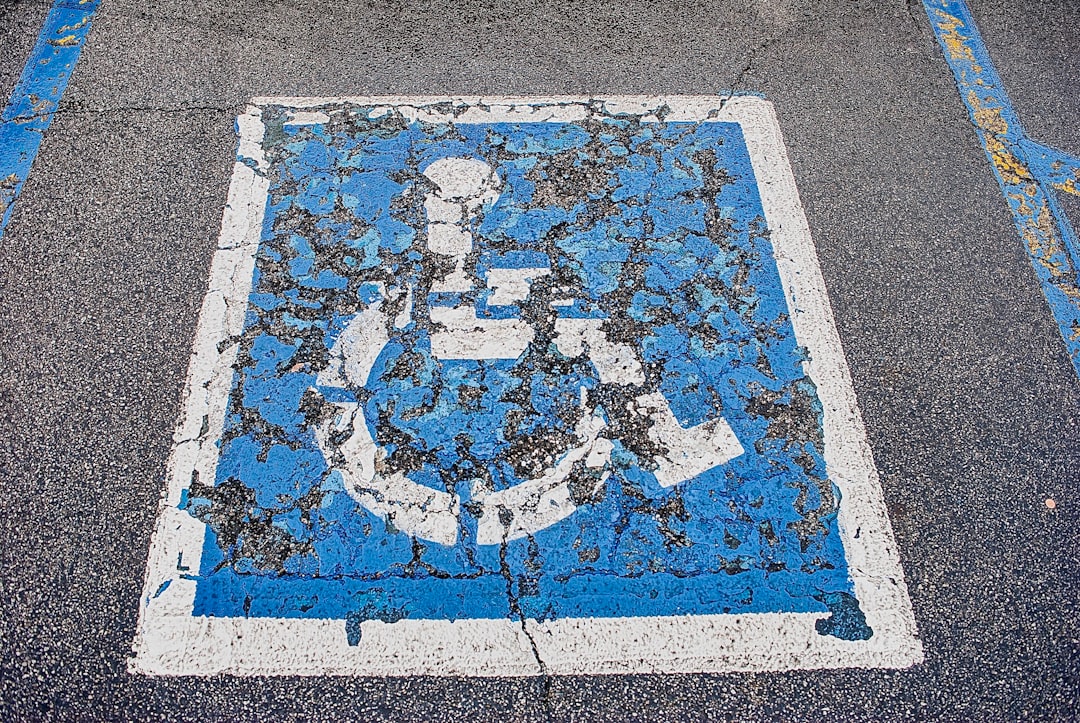What is it about?
This article investigates work functioning change from pre- to post-treatment in couple and family therapy. We used hierarchical multiple regression on a sample of 165 clients. We found firstly that work functioning improved from pre- to post-treatment. Secondly, we found that the level of depressive symptoms, couple distress, and family functioning predicted work functioning at pre-treatment. Thirdly, we found that the improvements on these measures predicted work functioning at post-treatment
Featured Image

Photo by William Wendling on Unsplash
Why is it important?
Work functioning has significance for the individual and society but has rarely been used as an outcome measure for psychotherapy and it has been found that more than half of those on sick leave suffer from social problems such as family-related distress or mental health issues rather than medical issues.
Perspectives
As a couple and family therapist, I have always been thinking that our work impacts several aspects of peoples' lives. In this study, we found empirical evidence that general couple and family therapy as it is practiced in Norway is associated with increased life functioning for the clients on several measures and indeed also when it comes to work functioning. We also found empirical evidence for parts of the systemic theory that is the basis of our practice, something that is confirming for a practicing researcher.
Rune Zahl-Olsen
Sorlandet Hospital
Read the Original
This page is a summary of: Change in work functioning from pre‐ to post‐treatment in feedback‐informed Couple and Family Therapy in Norway, Journal of Family Therapy, October 2019, Wiley,
DOI: 10.1111/1467-6427.12283.
You can read the full text:
Contributors
The following have contributed to this page










